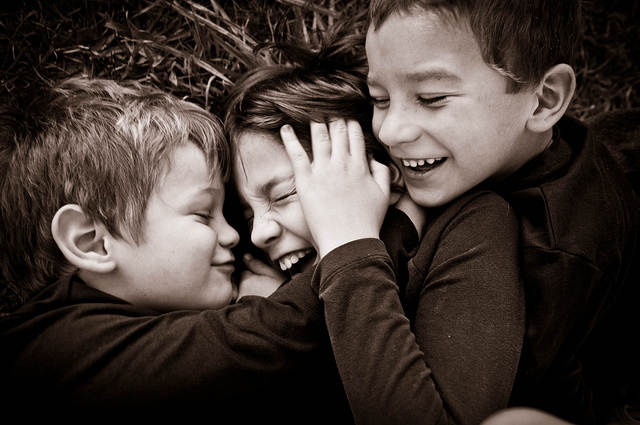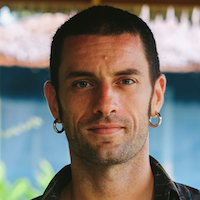
A few days ago, I attended a family reunion to remember the tenth anniversary of my father’s death.
Since my family is scattered all around the world, these occasions are pretty much the only chance for us to come together, catch up with each other and remember those who are no longer physically among us.
There I was, surrounded by people that had seen me grow, remembering my father, whom all of them had known well. I hadn’t seen some of those relatives for more than five years, and we didn’t know much about each other’s lives, but that did not seem to matter.
There was something to learn from this, but what?
I started reflecting on the value of family relationships in my life.
For many years, I gave relatively little importance to family bonds. I thought that family relationships were “second class” compared to friendships. I felt that my friendships reflected my innermost values much more than my family—because I got to choose my friends!
In most cases, we choose our friends based on common affinities; consequently, our friends usually share our interests, values and life goals. It’s impossible to force a friendship, and we have all the right to stop considering someone our friend if the conditions of our relationship change.
With relatives, things couldn’t be more different.
We don’t get to choose our relatives (with the exception of spouses) and, within a family, we find ourselves connected to people that we might never have chosen as friends. Sometimes my relatives have such different ideas from mine that I wonder how it is possible that we actually share some genetic code.
And yet, I cannot really stop considering them my cousins, uncles and parents.
This feeling that family bonds are imposed on us—rather than chosen—may seriously bother some of us. Many of us feel that, at some point in our lives, we need to “break free” from our family—a structure we haven’t chosen or asked for.
In spirituality, several traditions have stressed the need for an aspirant to sever the family bonds, lest he or she may remain “too attached” to the worldly life. Even without being that radical, we may feel the need to replace our original family with a “chosen family” of friends, based on affinity rather than biological kinship.
This is great. Communities, spiritual schools and affinity groups in general exist thanks to our ability to create strong bonds with people to whom we are biologically unrelated. In these “chosen families,” the glue that keeps everyone together is resonance and shared values, rather than blood ties.
I for one love communities and have spent most of my adult life living in one community or another.
At the same time, I realize that there is a specific value in family bonds. And funnily enough, it is exactly due to the fact that those bonds are not based on affinity, sympathy or similarity of ideas!
As we all know, sympathy and affinity may come and go, as can a friendship that is based on them. But if someone is our uncle, he will stay our uncle forever. There is a certain beauty in this, and it lies in the fact that such a connection is independent from our choices.
As a consequence, when families work well (which is not always the case, of course), they can provide a unique doorway into unconditional love.
Think about it. If someone loves you because you are his or her cousin, then there are no real “conditions” to this love. You might develop completely opposite world views, have different opinions on almost everything, and he or she would still love you, because you would still be cousins. This can actually develop into a beautiful form of love—one that does not depend on any circumstances except a family bond, which by definition is there from birth to death, unaffected by the changes of life.
In reality, in many families things aren’t that idyllic, and unconditional love may be hard to find. For some of us, in a specific moment of our lives breaking some suffocating family bonds may be a necessary step in growth and evolution.
That said, we shouldn’t overlook the great potential for love and unconditional support within a family. We sometimes (re)discover this potential at a later stage in life, when we are have found our “chosen families” of friends and like-minded people, and we are able to look back on our biological family with rejuvenated affection and understanding.
At the end of the day, families demonstrate one of the many ways in which we human beings are able to express love and support. All of these ways have their specific challenges; all of them, likewise, can be developed into a beautiful path towards opening and unconditional love.
Just like a spiritual community or an affinity group, a family can be a place of compassion, selflessness and personal growth.
~
Relephant Read:
The Meaning of Agape: Unconditional Love From a Child.
~
Author: Raffaello Manacorda
Editor: Toby Israel
Photo: J.K. Califf/Flickr
~


 Share on bsky
Share on bsky




Read 4 comments and reply